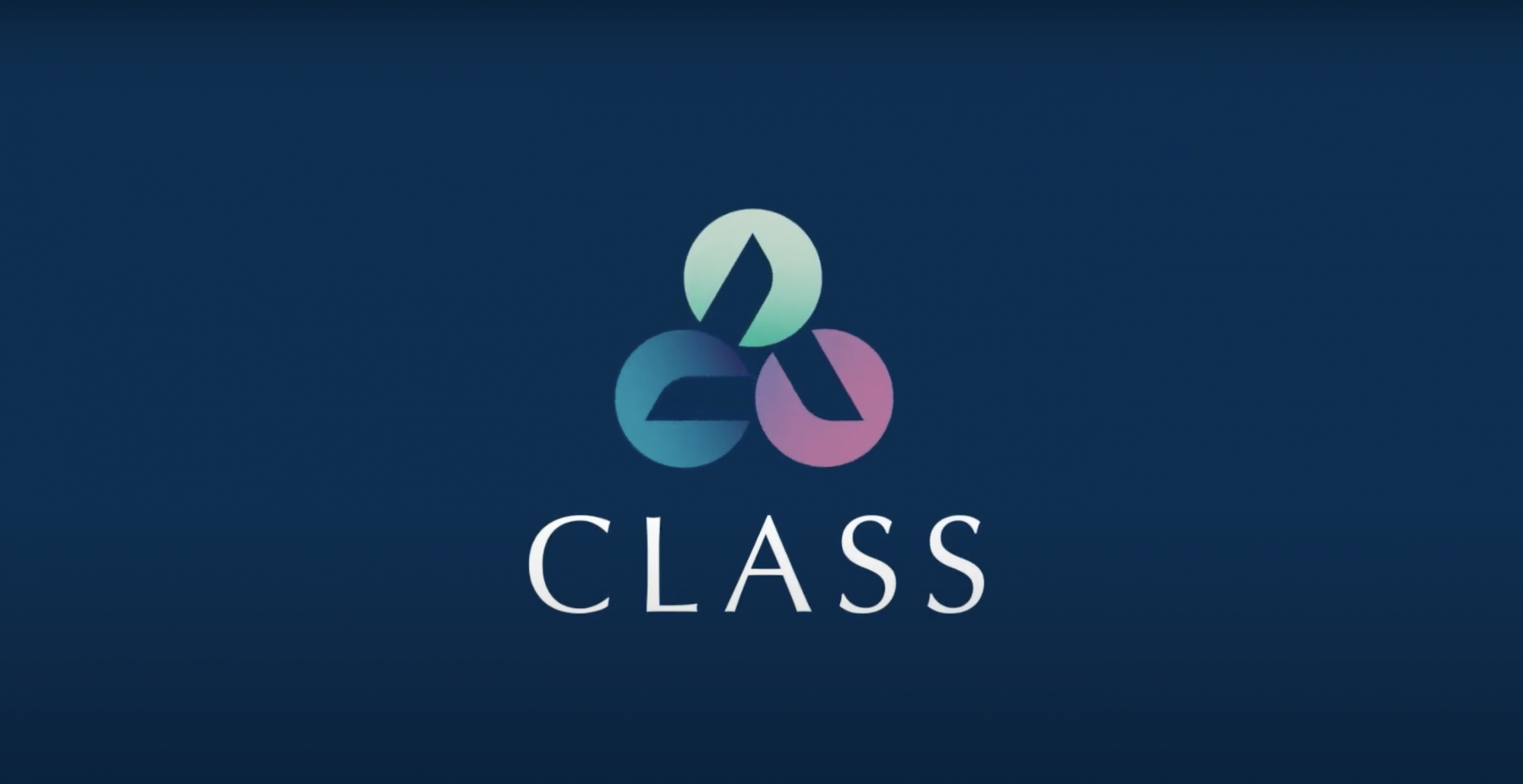Australian wealth accounting technology business Class Limited (ASX:CL1) has released its annual Benchmark Report, analysing data from the 2021 financial year, including commentary from several of Australia’s leading SMSF experts.
The Class Annual Benchmark Report: SMSF Resilience in a time of constant change examines how the SMSF sector responded to the unique challenges presented because of COVID-19, and how trustees changed contributions and asset allocations, and what that means for the gender gap.
With a market share of approximately 30%, the Class data is anonymised and considered to be representative of the market.
The report focuses on five key data categories: Key SMSF insights, SMSF lodgment and contribution activities, Demographics of the SMSF industry, Geo-mapping of SMSFs across Australia, and Investment trends and asset allocation.
Key learnings include:
- SMSFs accounted for only 1% of early withdrawal applications because of COVID-19
- FY20 showed the greatest change in when contributions were made
- ETFs continue to grow in popularity, particularly with under-25s
- The gender gap continues to close, albeit at a slow rate
Through contributions and analysis from specialist SMSF firms Heffron, RSM, Findex, Perks and Boyce, each section provides a range of data sets and insights from Class’ specialist data team.
“As we worked through the impacts of COVID-19 on our industry, we knew that this was the time to examine deep inside the SMSF sector to look for the emergence of trends,” Class CEO, Andrew Russell, said. “It has been interesting to see how resilient the sector has been, from avoiding early release mechanisms to making more contributions to SMSFs across the year as we believe investors looked to capture the significant upside following market falls.
“This is a critical exercise because understanding the data for the sector will lead to innovation and evolved strategies for the future. With valued contributions from some of our key customers, we present this data and set of insights to the financial services industry so they, too, can discover more about the critically important SMSF sector and how it is working.”
Class will release this report on an annual basis to help the industry identify and monitor trends and the impacts of other factors, including government regulation changes.
A copy of the report can be downloaded here.





